Project Overview
At an average age of 80 years old, many of the 300 communities of Catholic sisters in the U.S. are seeking to liquidate expansive properties and estates. With the right framing and technical support, however, sisters can approach asset management as part of their lifelong work for social and ecological justice. Enter the Nuns & Nones Land Justice Project, which collaborates with religious institutions to steer land holdings into environment-sustaining uses while pursuing healing with those most impacted by the extractive economy. If land owned by religious communities were transferred to Indigenous food sovereignty collectives, for example, it would reap environmental benefits while advancing social justice goals that many Catholic sisters have long championed. “Moving land stewardship into regenerative purposes, sisters can transfer thousands of acres into the climate justice movement, while supporting the marginalized communities and ecological repair that they’ve been fighting for across decades,” explained Nuns & Nones director Brittany Koteles. Driven by a reparations ethic, the effort’s overlapping strategies advance not just environmental resilience and social justice, but also conserve cultural heritage on a potentially game-changing scale.
Five Questions
Learn more about this project
Meet our other 2021 awardees
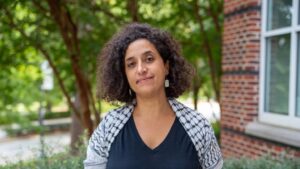
North Carolina (Operating nationwide)
Every Campus A Refuge leverages the sizable resources of colleges and universities to provide a stronger, more dignified landing for refugees.
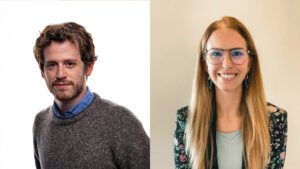
Daniel Bögre Udell &Kristen Tcherneshoff
New York (Operating globally)
Wikitongues safeguards threatened heritage languages by giving people resources to document, teach, and promote culture-sustaining mother tongues.

District of Columbia (Operating nationwide)
Cambium Carbon upcycles fallen urban trees, growing green jobs while building equitable cities and mitigating climate change at scale.
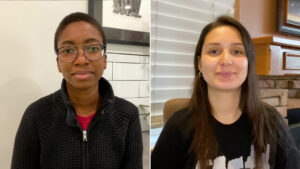
Esperanza Dillard &Talila "TL" Lewis
Nationwide
HEARD’s trauma-informed reentry program provides healing, empathy, and justice for deaf/disabled people who have been harmed by the carceral system.
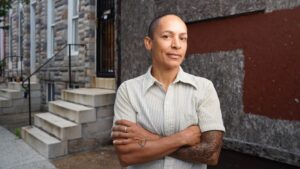
Maryland
Homeownership and construction skills-building come together as a platform that centers Black women, reclaims historic homes, and sparks neighborhood-scale change.
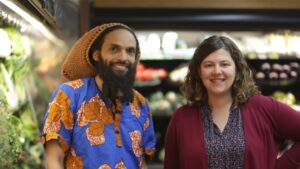
Ohio
Co-op Dayton builds community- and worker-owned cooperatives that center Black workers, expand democratic participation, and renew long-neglected neighborhoods.
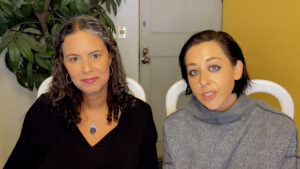
Ariel Koren &Fernanda de Oliveira Silva
California (Operating globally)
Respond provides trauma-informed, life-critical translation and interpretation services to asylum seekers and anyone needing language support in contexts of crisis.
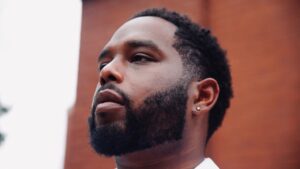
Missouri
The Black-led Freedom Community Center holistically integrates restorative justice with personal healing and broad-based advocacy to transform communities.
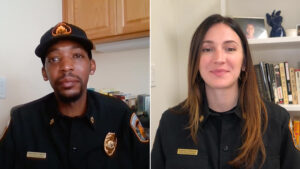
Forestry and Fire Recruitment Program
California
A promising California model builds a pipeline of needed wildland firefighters by forging career pathways for individuals formerly incarcerated in “Fire Camps.”

 Learn More
Learn More